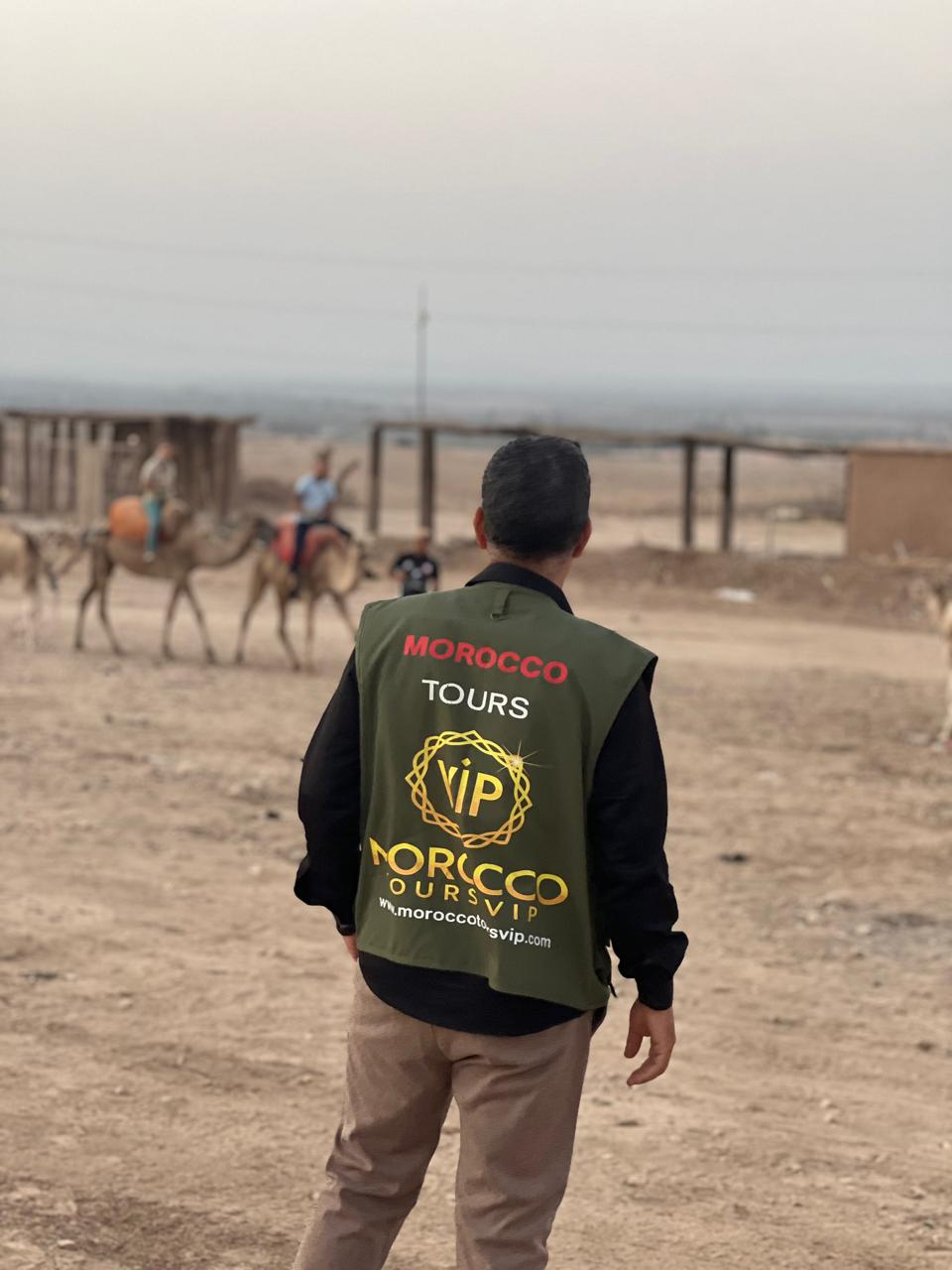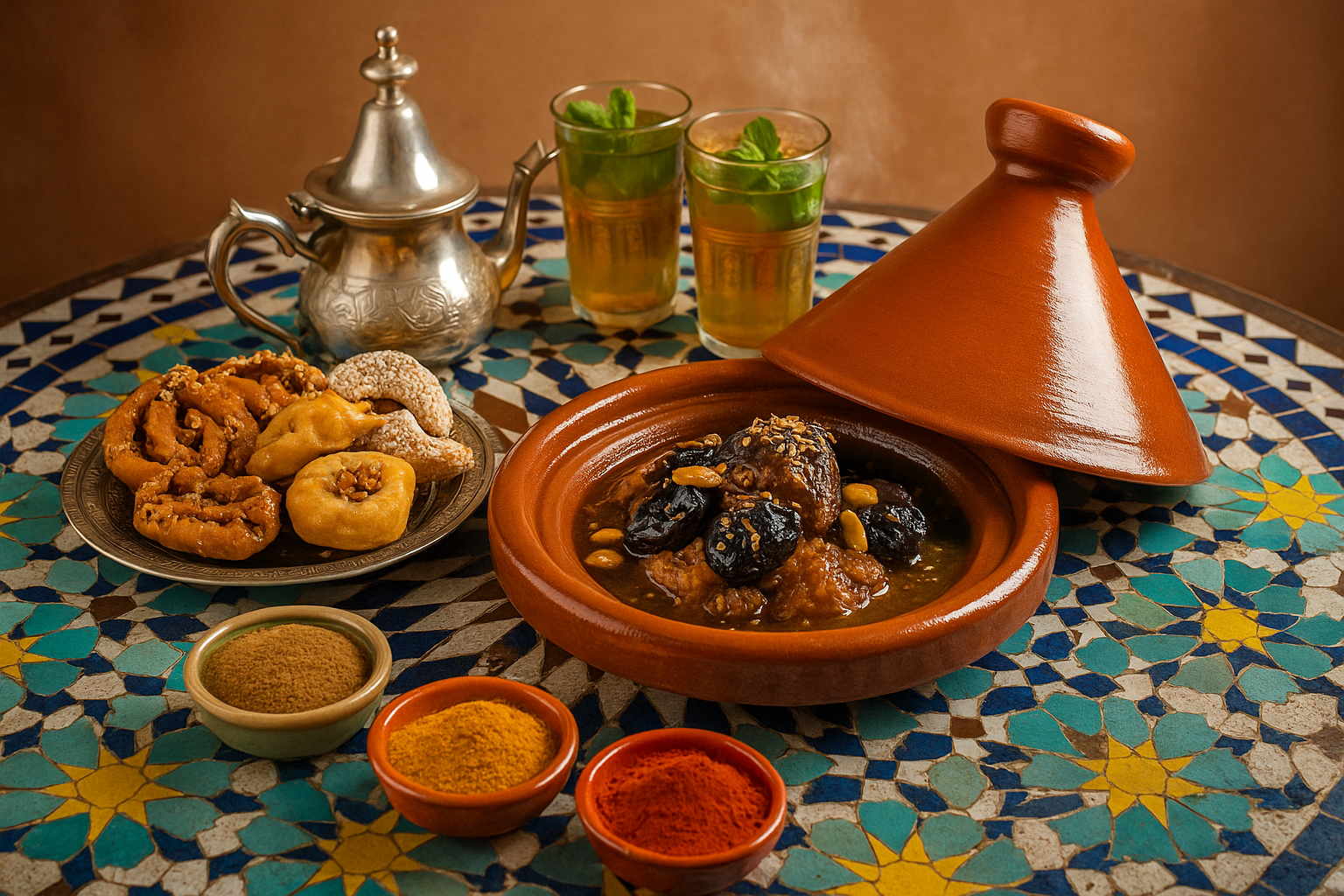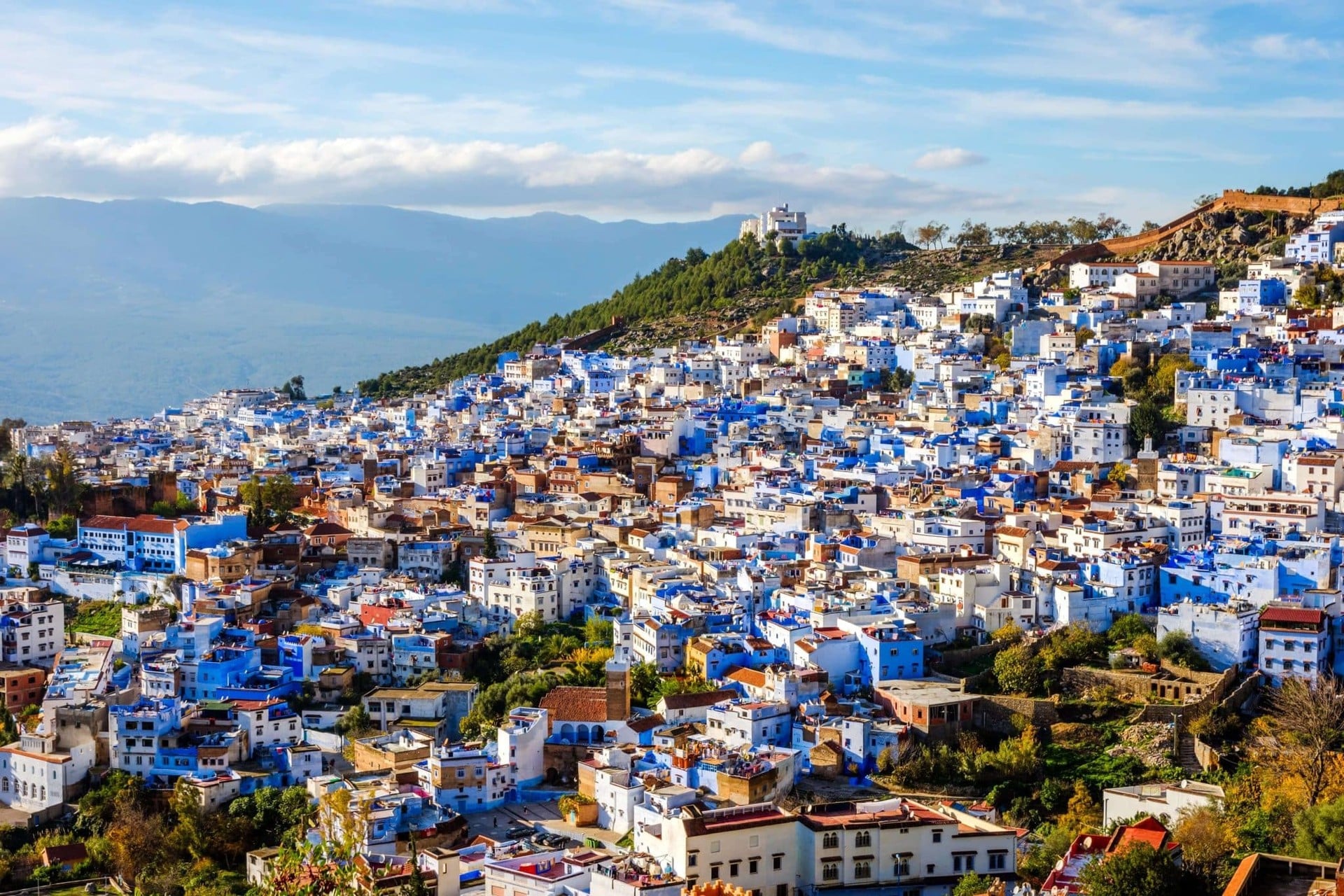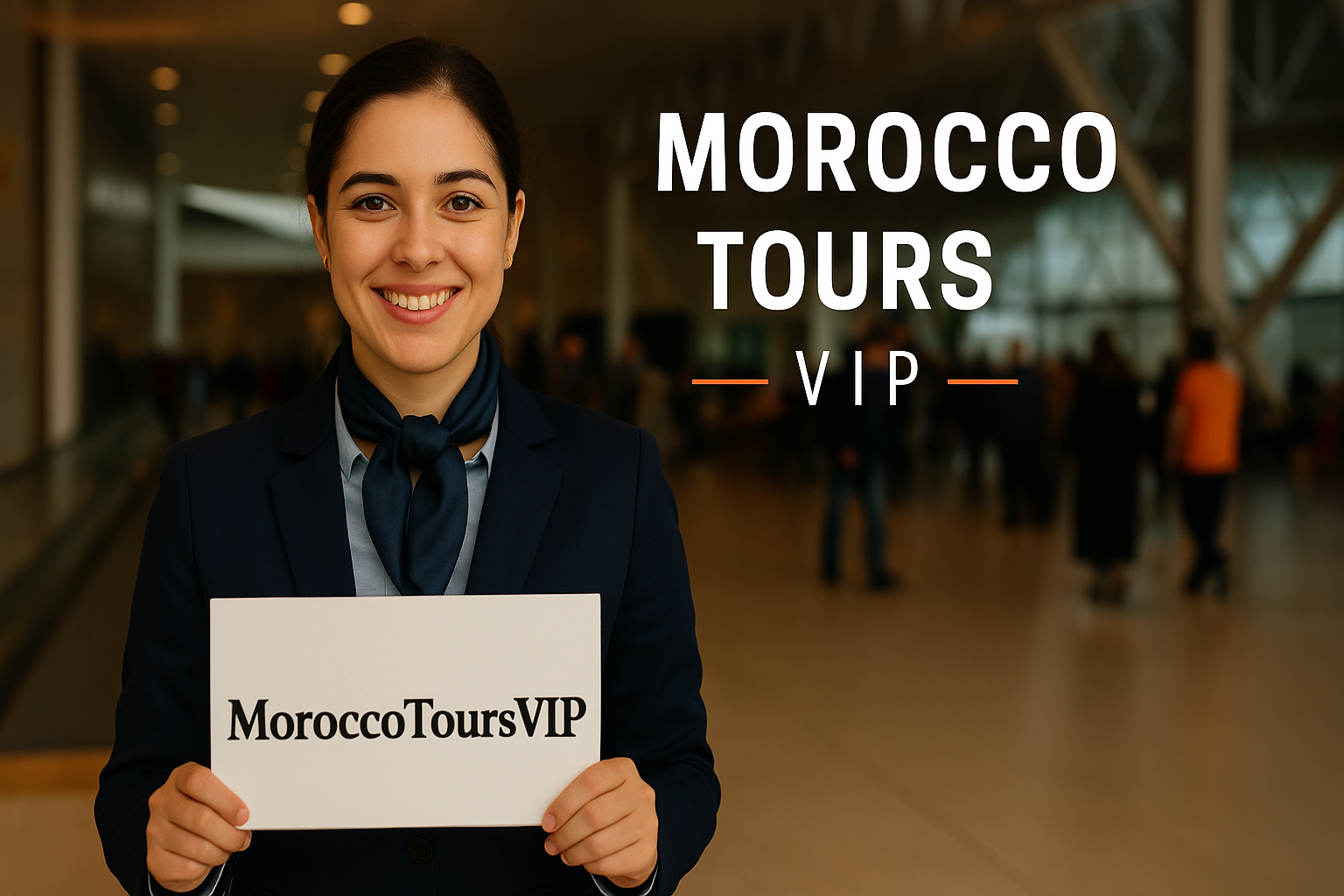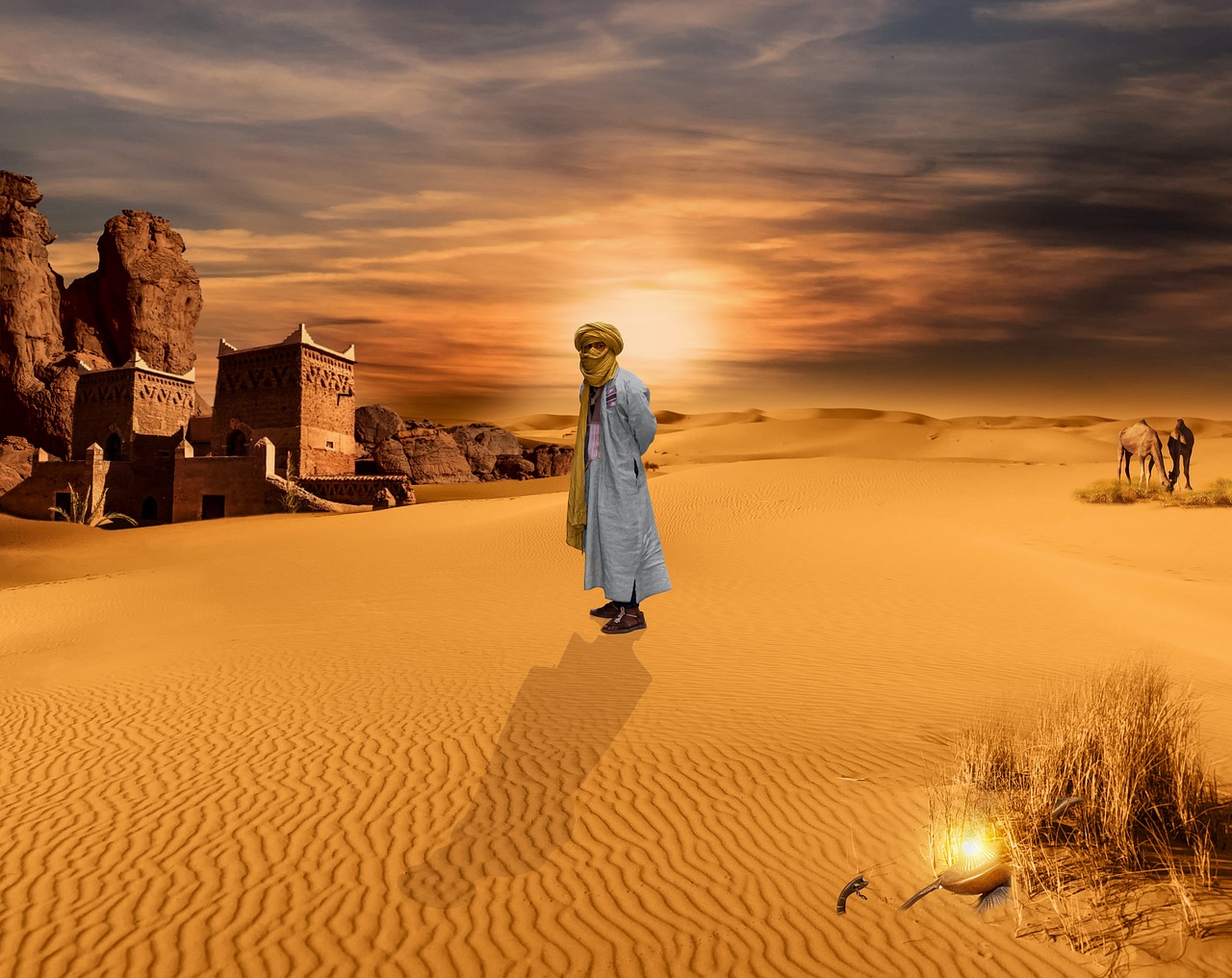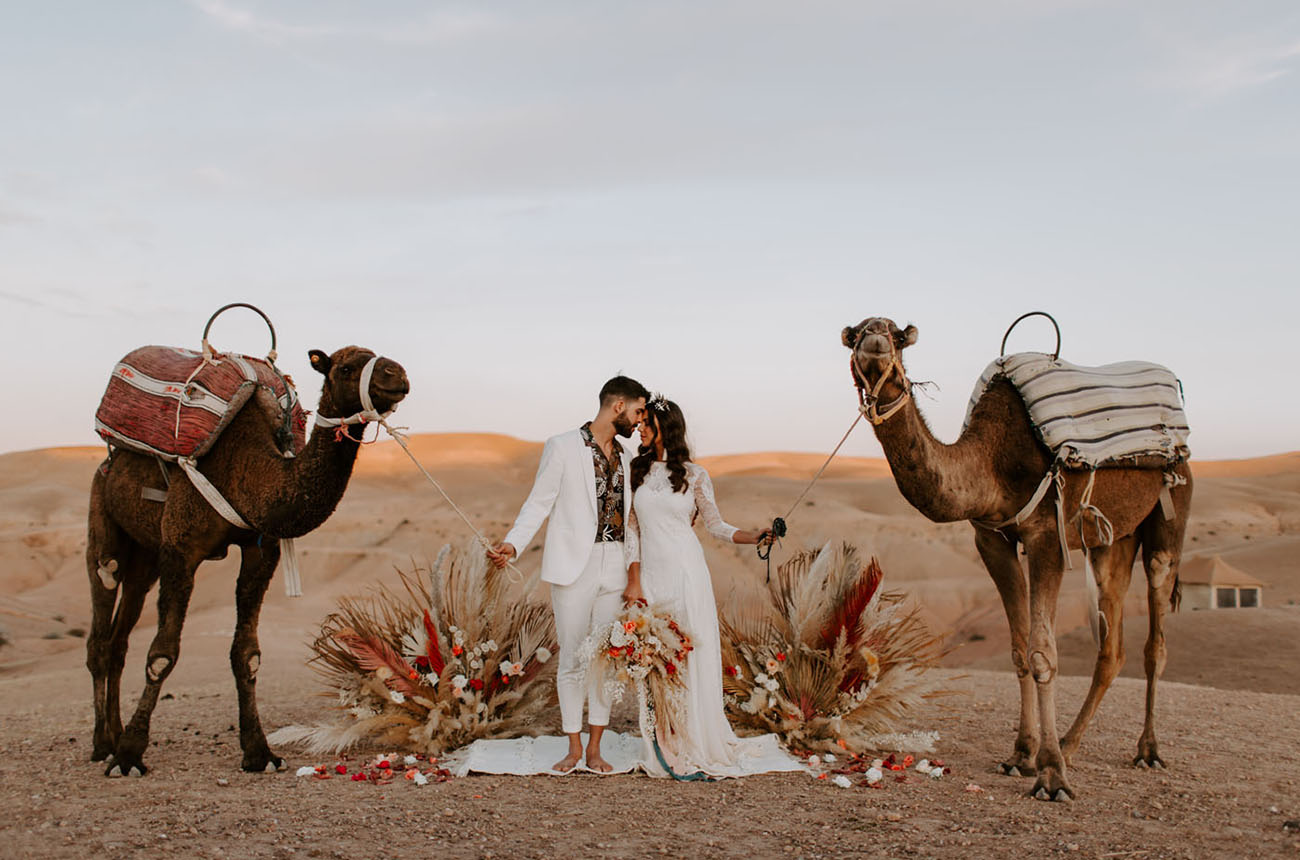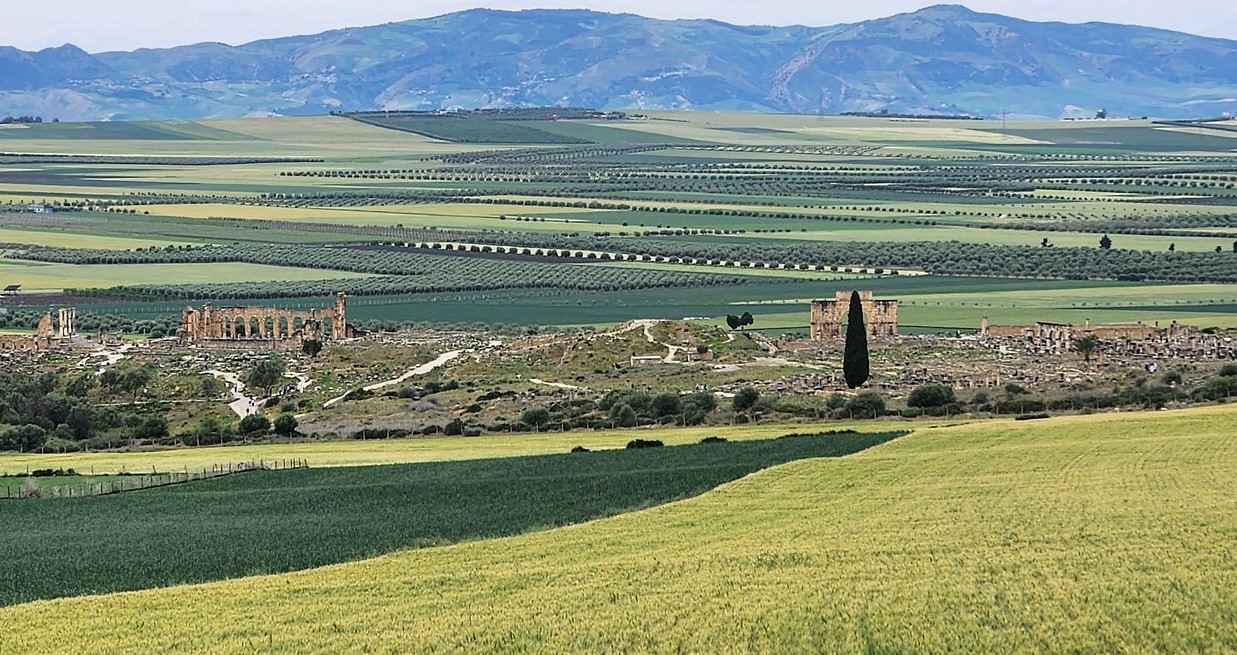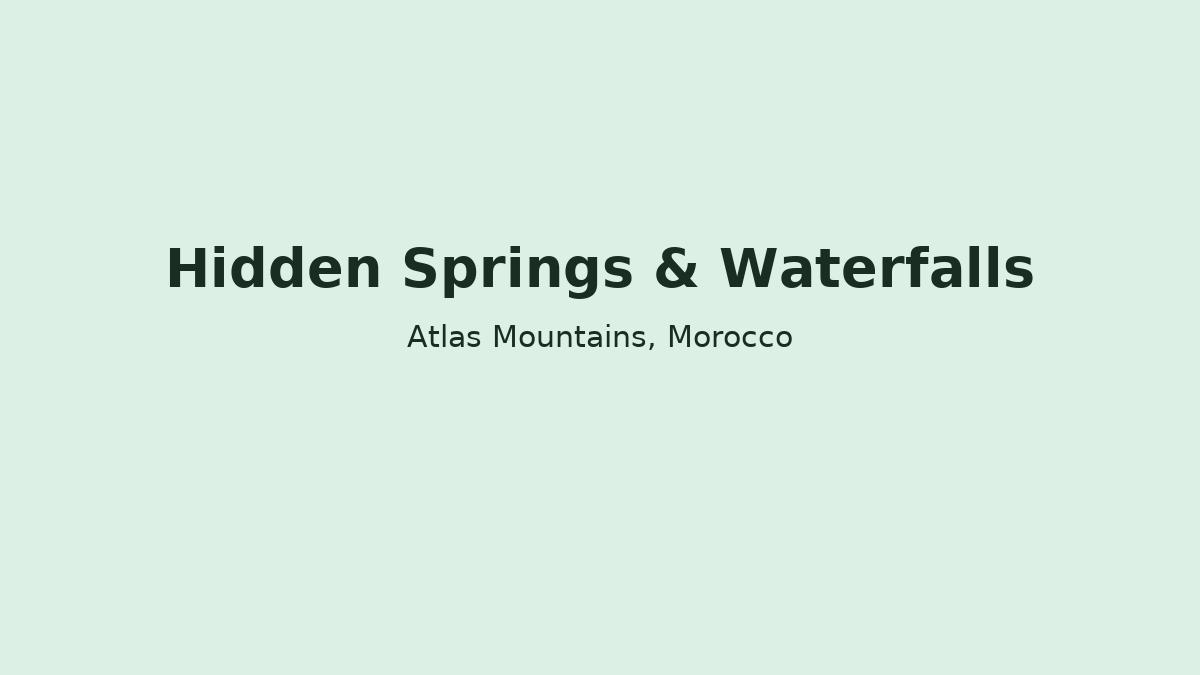- Transfers
- Marrakech Excursions
- Marrakech Historical Tour – Discover Landmarks & Culture
- Marrakech Luxury Day Trip
- Guide to Discover MARRAKECH
- Marrakech Medina, Souks & Jemaa el-Fnaa
- Marrakech by Night: Explore the Medina & Jemaa el-Fnaa
- women-only tours Marrakech
- Guided Marrakech Shopping Tour: Souks & Artisan Crafts
- Majorelle-Garden-Y.S.L & Medina Tour
- AGAFAY Desert Experience: Quad Biking, Camel Ride & Dinner Show
- Moroccan Cooking Class Marrakech
- Camel Ride
- Hot Air Balloon in Marrakech
- Marrakech Free Walking Tour
- Marrakech Food Tour
- Marrakech Jewish Heritage
- Marrakech Tours
- Ourika Valley Half day
- Marrakech to Ourika Valley: Atlas Mountain Day Trip
- High Atlas Mountains 4×4 Tour with Lunch in Berber Village
- Ouzoud Waterfall day tour
- Ouarzazate ,Kasbahs 4×4 Tour with Lunch in Aït Benhaddou
- Casablanca Day Trip from Marrakech
- Essaouira Medina Tour: UNESCO Heritage & Coastal Charm
- Morocco Tours
- Casablanca to Marrakech Day Trip
- Marrakech to Merzouga 3 Day Sahara Tour
- Morocco Travel package 3Days Casablanca to Marrakech
- 5-Day Tour: Tangier to Marrakech Desert Adventure
- Best places to visit in Morocco 8-Day Adventure
- Morocco Travel Packages – 8 Days Private Tour
- Morocco Travel Packages-15 Days
- Morocco travel packages17 Days
- Honeymoon in Morocco 18 Days
- Contact

